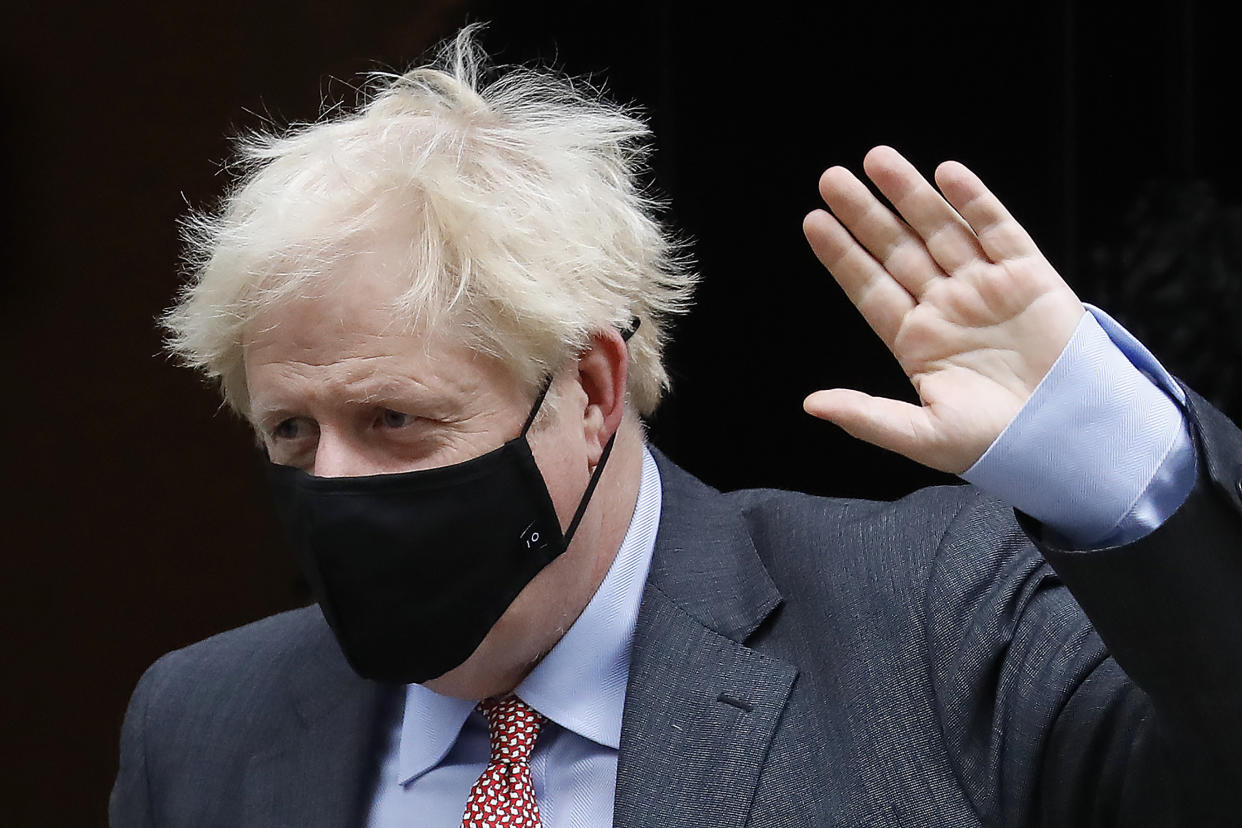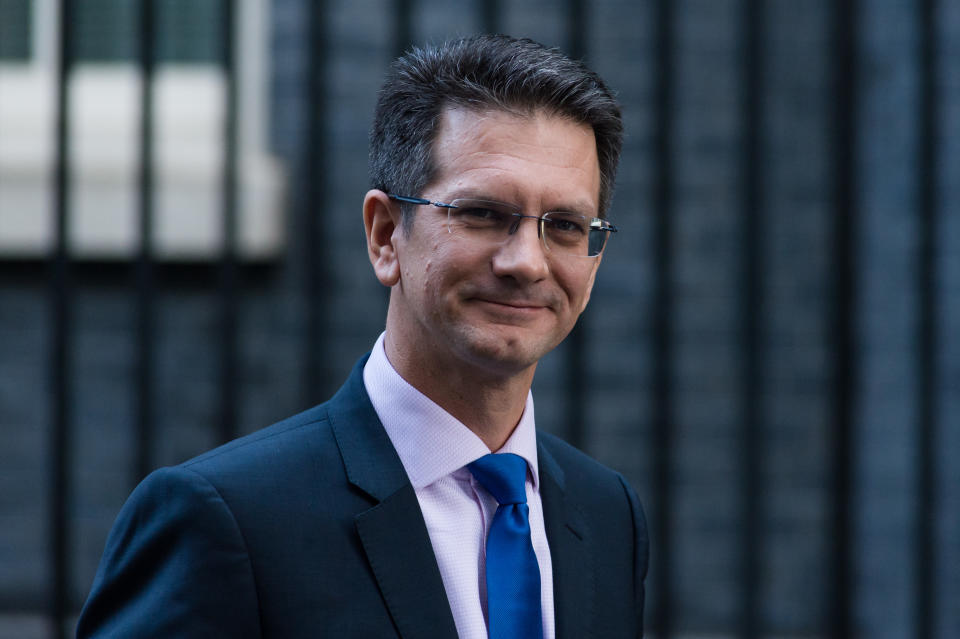UK has so many coronavirus laws even Boris Johnson can't keep up, Tory MP warns

The UK has so many coronavirus laws even the prime minister can’t keep up with them, a Tory MP has warned.
Boris Johnson apologised on Tuesday after he failed to explain the new local lockdown measures for large parts of the North East.
Conservative MP for Wycombe Steve Baker said the PM made the mistake because of the large and changing number of regulations.
He told BBC Radio 4 Today programme on Wednesday: “When you get such a large and shifting body of law, you find even ministers and the prime minister cannot keep up with it.
“What possible hope can the public have? I had one minister say to me yesterday, with terror in his eyes about the disease, we might have to change the law every 24 hours.
“We can’t possibly expect 70 million people to keep up with law that changes every 24 hours – this would be chaos and ruin.”
Watch: Boris Johnson apologises for getting new coronavirus rules wrong
The prime minister is under pressure to give Parliament the opportunity to vote on future restrictions, with around 52 Conservatives signalling they could revolt ahead of Wednesday’s vote to renew the powers in the Coronavirus Act.
The rebel MPs have drawn comparisons between the sweeping powers being used to prevent a coronavirus resurgence and George Orwell’s dystopian novel of authoritarianism 1984.
New rules in parts of the North East include a ban on inter-household mixing indoors, including in pubs and restaurants.
The rebels have publicly backed an amendment to the legislation by Sir Graham Brady, the influential chair of the 1922 Committee of backbench Tories.
The amendment would force the government to let MPs vote and debate any potential changes to the rules before they were enforced.
With Labour and the Liberal Democrats backing the motion, the rebels believe they have the numbers to defeat the government if it is put to a vote.

Johnson has appealed to MPs to back him, saying the nation remains in a “serious situation”.
He told a press conference on Tuesday: “Nobody wants to do these kinds of things. Nobody in their right mind wants to stop people singing and dancing in pubs or enjoying themselves in the normal way.
“I appreciate the (Orwell) characterisation but if we all work together and get this thing down, get this virus down, then we can keep going with our strategy, keep education open, keep the economy moving and work for the day, as I say, when I believe that those medical scientific improvements will truly deliver the long-term liberation we need.”
Johnson also reiterated his commitment to giving more regular debates on coronavirus in the Commons and promised that MPs would be able to question the government’s scientific advisers more regularly.
While it was uncertain at the time of writing whether Speaker Sir Lindsay Hoyle would select the amendment, the rebels expressed optimism the government would make concessions after a meeting with health secretary Matt Hancock.
Business secretary Alok Sharma also said ministers would “come forward with some suggestions” to pacify concerns that there had been a lack of scrutiny in a recent flurry of restrictions.
Watch: What are the fines for not self-isolating?
Coronavirus: what happened today
Click here to sign up to the latest news, advice and information with our daily Catch-up newsletter

 Yahoo News
Yahoo News 

